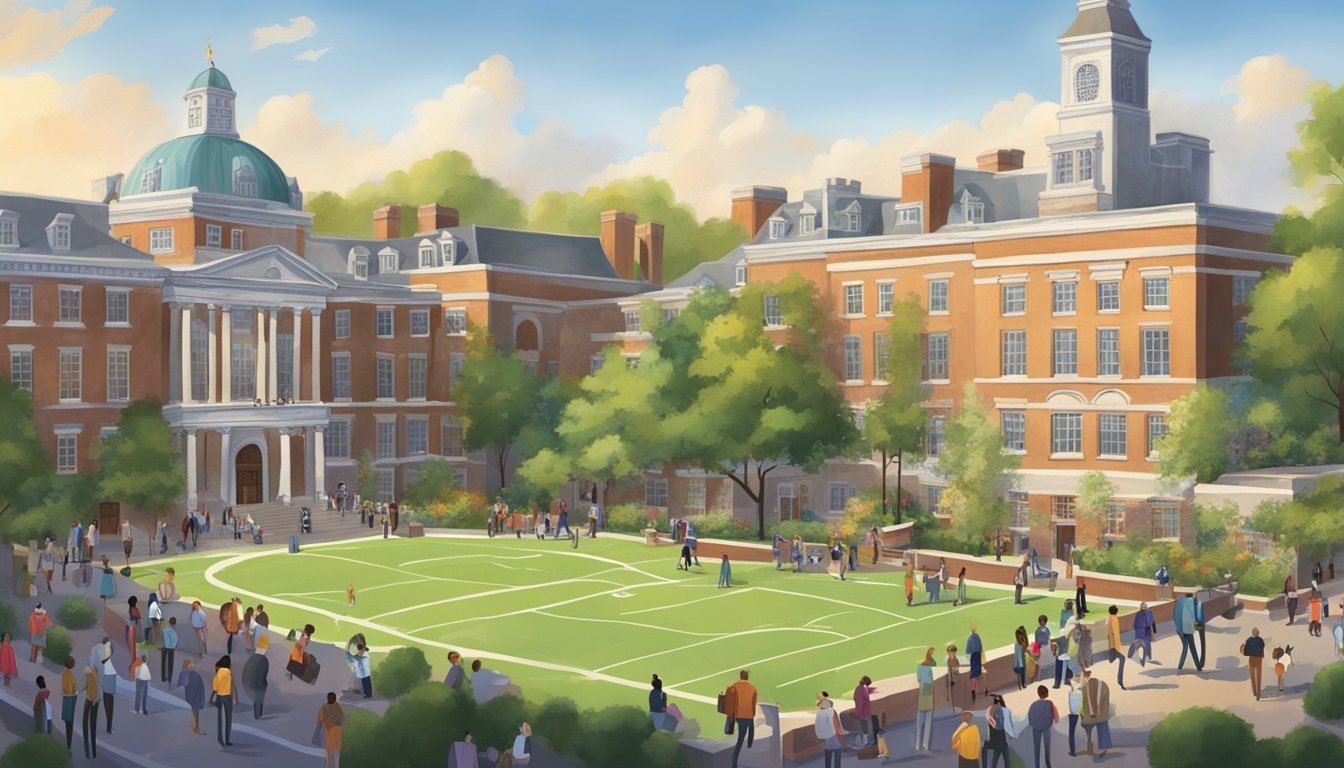In a thought-provoking piece for The Atlantic, David Brooks raises a compelling question: Are the admission practices of Ivy League universities partly to blame for some of America’s societal challenges? While his perspective might not resonate with everyone, it certainly invites important conversations around the concept of meritocracy.
Consequences of Meritocracy
Brooks argues that many of the difficulties we face today—from weakened civic institutions to dwindling economic prospects for those without a college education—can be traced back to the influence of elite schools.
He highlights several consequences related to what he identifies as a meritocratic system, including:
- The rise of intensive parenting methods
- A reduction in playtime and creative activities in schools
- A job market that increasingly prioritizes degrees over actual skills
- The decline of community organizations like the Elks and Kiwanis
- The overrepresentation of Ivy League graduates in high-paying sectors like finance and consulting
- A growing wave of populism, often driven by misinformation and emotional rhetoric
The Shift in Admissions Ideals
At the heart of Brooks’s argument is the notion that societal ideals are shaped by what Ivy League admissions prioritize.
Historically, he notes, the archetype of success was the “Well-Bred Man,” who was celebrated for privilege, looks, and athletic prowess rather than academic achievement.
Intellectualism was often dismissed in those days.
This paradigm shifted in the 1930s, spearheaded by educational leaders like Harvard’s James Conant.
They recognized the necessity for innovative thinkers to navigate prospective national challenges, advocating for an admissions shift that emphasized intelligence over family background.
This was seen as a way to enhance social mobility by harnessing innate intelligence.
Rethinking Admissions Processes
Brooks questions whether the current process, heavily centered on academic achievement, is appropriate or if it unfairly diminishes vital nonacademic traits, such as curiosity, interpersonal ability, and resilience.
His critique has merit, yet it’s essential to recognize that academic success remains a defensible criterion, especially given that colleges are fundamentally academic environments.
Unfortunately, an effective alternative for evaluating nonacademic qualities remains elusive.
This raises a broader question about the ultimate goals of the admissions process.
Currently, the SAT is used to predict first-year college performance.
Is that the right measure, or should we look for candidates poised to thrive throughout their college journey and beyond? Should admissions prioritize potential societal contributors, those who may grow significantly during their time at university, or simply the highest achievers?
Another question Brooks poses is whether elite universities favor students with extraordinary achievements over those who present a more well-rounded profile.
This leads to concerns about whether the admissions system encourages students to engage in activities merely to pad their résumés. One former student mentioned that they observed peers undertaking numerous impressive activities primarily to enhance their college applications, prompting a discussion about the authenticity of their interests.
Brooks also notes an interesting phenomenon: students who successfully navigate the elite admissions process often develop a sense of entitlement, attributing their achievements solely to their own abilities and efforts, without recognizing the roles that privilege and chance play.
This mindset may contribute to the very populism that intensifies social divides in modern America.
While I may not entirely agree with Brooks’s characterization of meritocracy or his claim that Ivy League schools are fundamentally splintering American society, his observations invite us to engage in deeper dialogue and reflection.
Jim Jump, who recently retired as the academic dean and director of college counseling at St. Christopher’s School in Richmond, Virginia, brings a wealth of experience in college admissions, academia, and athletics.
He will be honored with the 2024 John B. Muir Excellence in Media Award from NACAC, further solidifying his reputation in the field.
Source: Insidehighered


